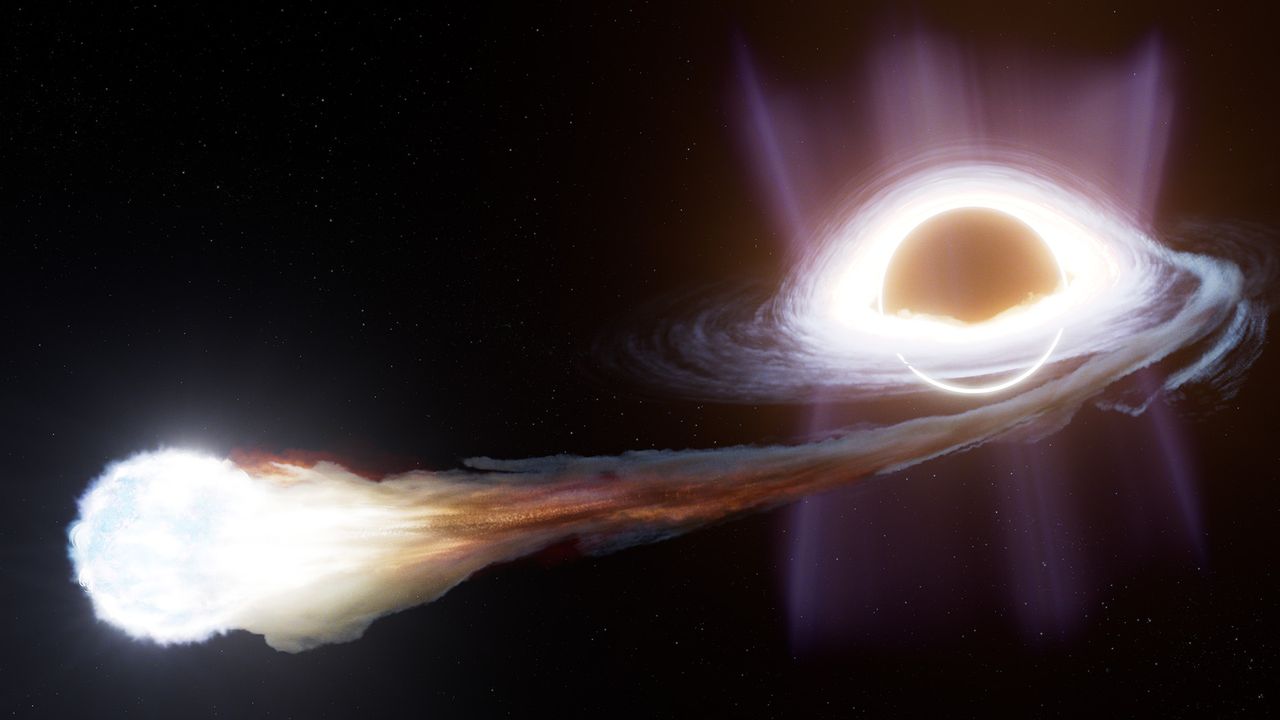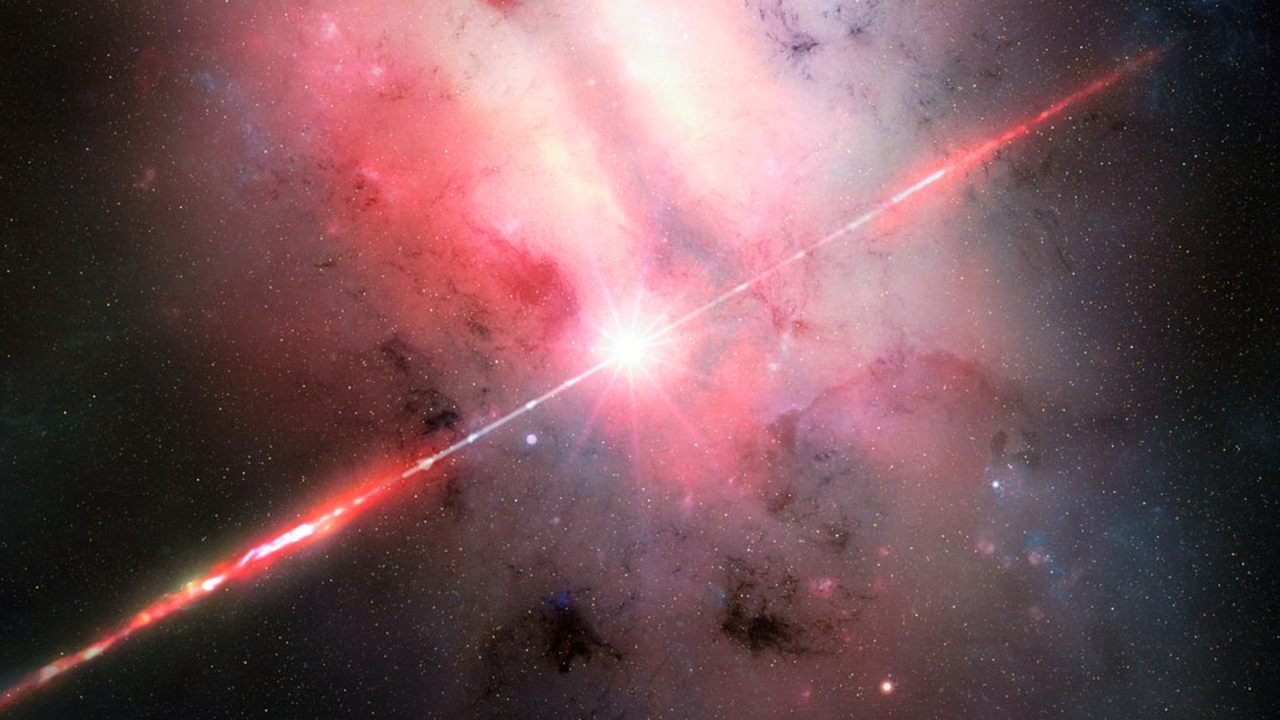Rule-breaking black hole destroys star in puzzling way: 'This is truly extraordinary'
PositiveScience

A recent discovery in astronomy has revealed a black hole that has broken the rules by destroying a star in an extraordinary manner. This tidal disruption event not only showcased the black hole's power but also produced two puzzling delayed outbursts, sparking excitement and curiosity among scientists. Understanding these phenomena could provide deeper insights into the behavior of black holes and their impact on surrounding space, making this a significant finding in the field.
— via World Pulse Now AI Editorial System

